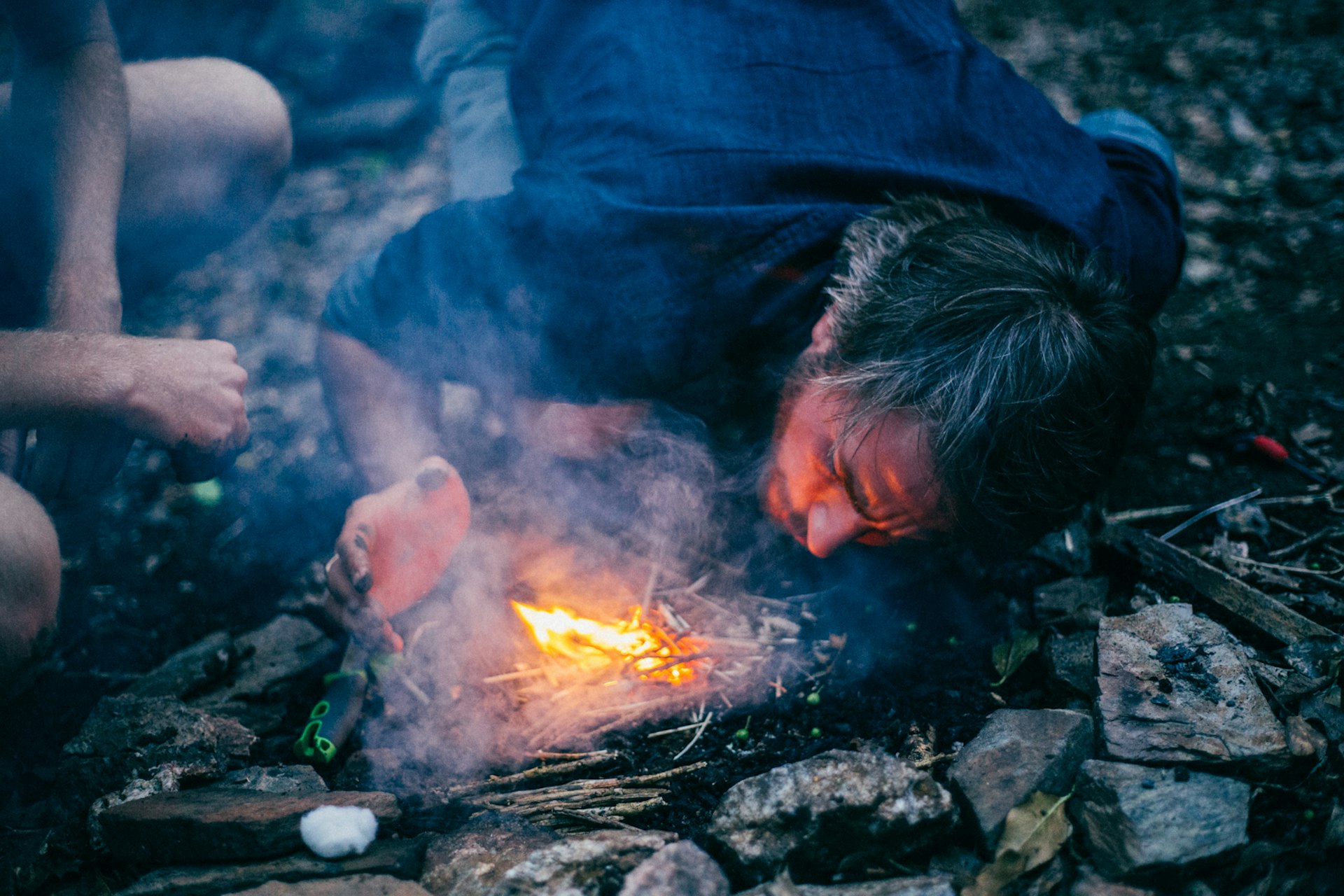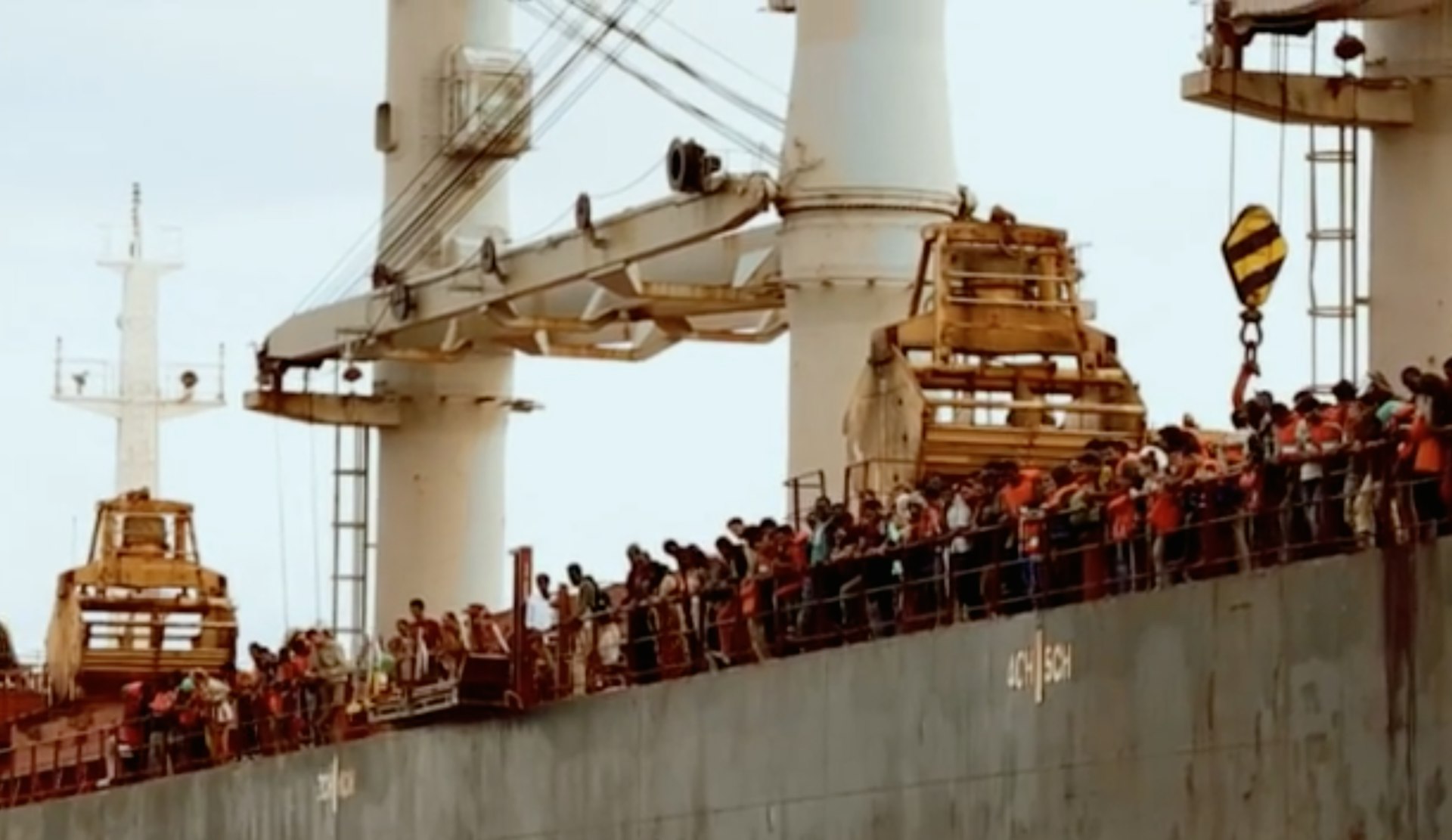
Migrant stories: the people behind the debate
- Text by Robin Nierynck
Mediterranean migration has long been a controversial issue but the debate developed an unprecedented urgency following the deaths of more than 750 people on a boat crossing from Libya on April 19.
Politicians and governments are struggling to come up with viable solutions to a problem that has been neglected and generalised for too long. Yet, despite the increased attention, a fundamental aspect of migration has been widely overlooked.
When we talk about ‘migrants’, ‘immigrants’, ‘refugees’ and so on, what we are discussing first and foremost is human beings, each with stories of their own, all too often tragic ones. The people risking their lives in these harrowing journeys, and the complex issues forcing them to do so, tend to be lost in top-down debates that are more concerned with abstract concepts like borders and economies.
These are just a few of the personal stories that go beyond the debate to remind us that people’s lives, not statistics, are at stake.
Hakim Bello
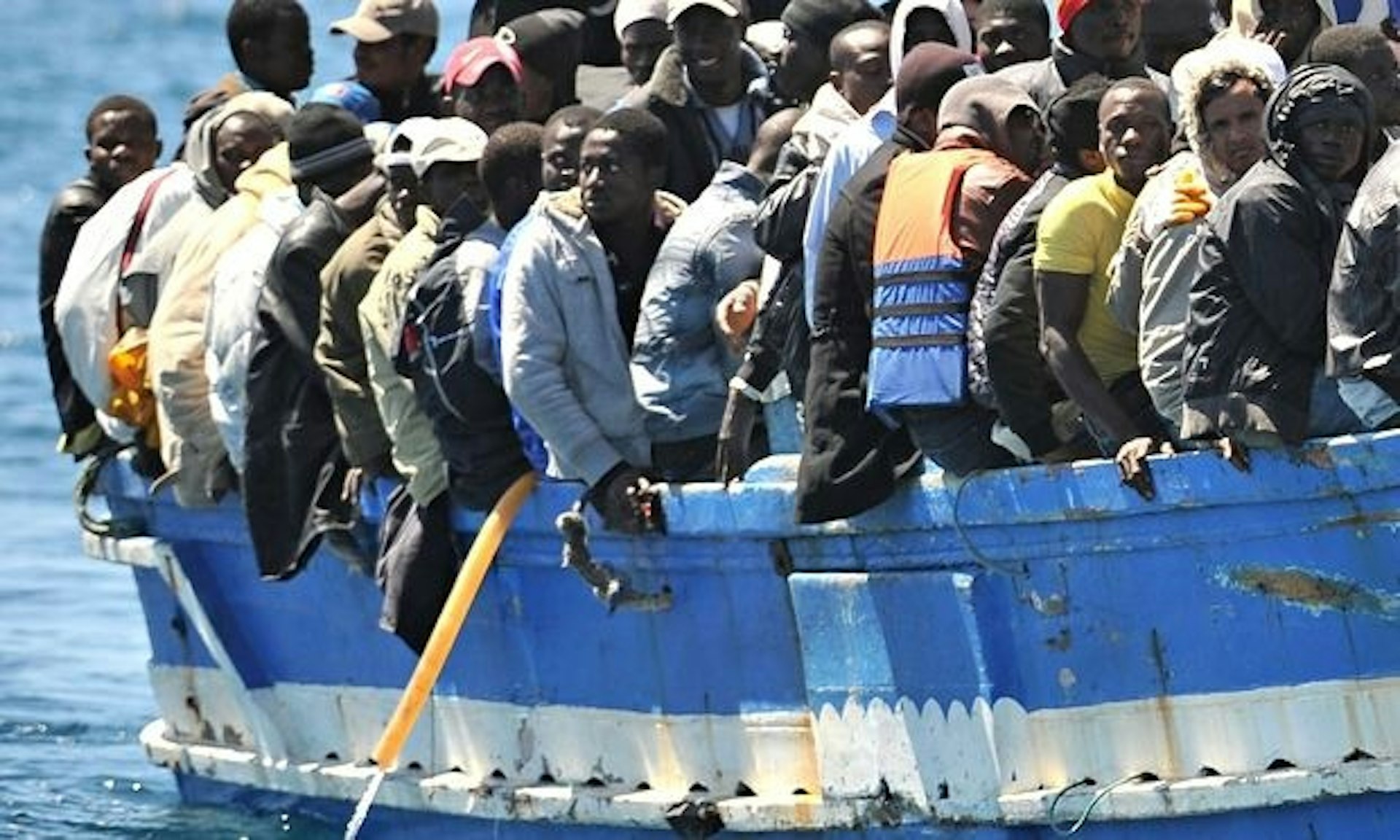
A boat with immigrants on board arrives at Lampedusa, southern Italy. ‘I said my last prayer – I felt like I was dead already.’ Photograph: Ettore Ferrari/EPA
Refugee – Mare Nostrum
A short film on the realities of Mediterranean migration following the EU’s decision to abolish rescue operation Mare Nostrum. The film presents the personal side of the immigration story. As a refugee in the film explains, “People are not coming to see the beauty of Europe. Or to see the culture of Europe. We know it well and God bless it. We are running away from death.”
WARNING: contains graphic scenes.
Tatiana Kanga
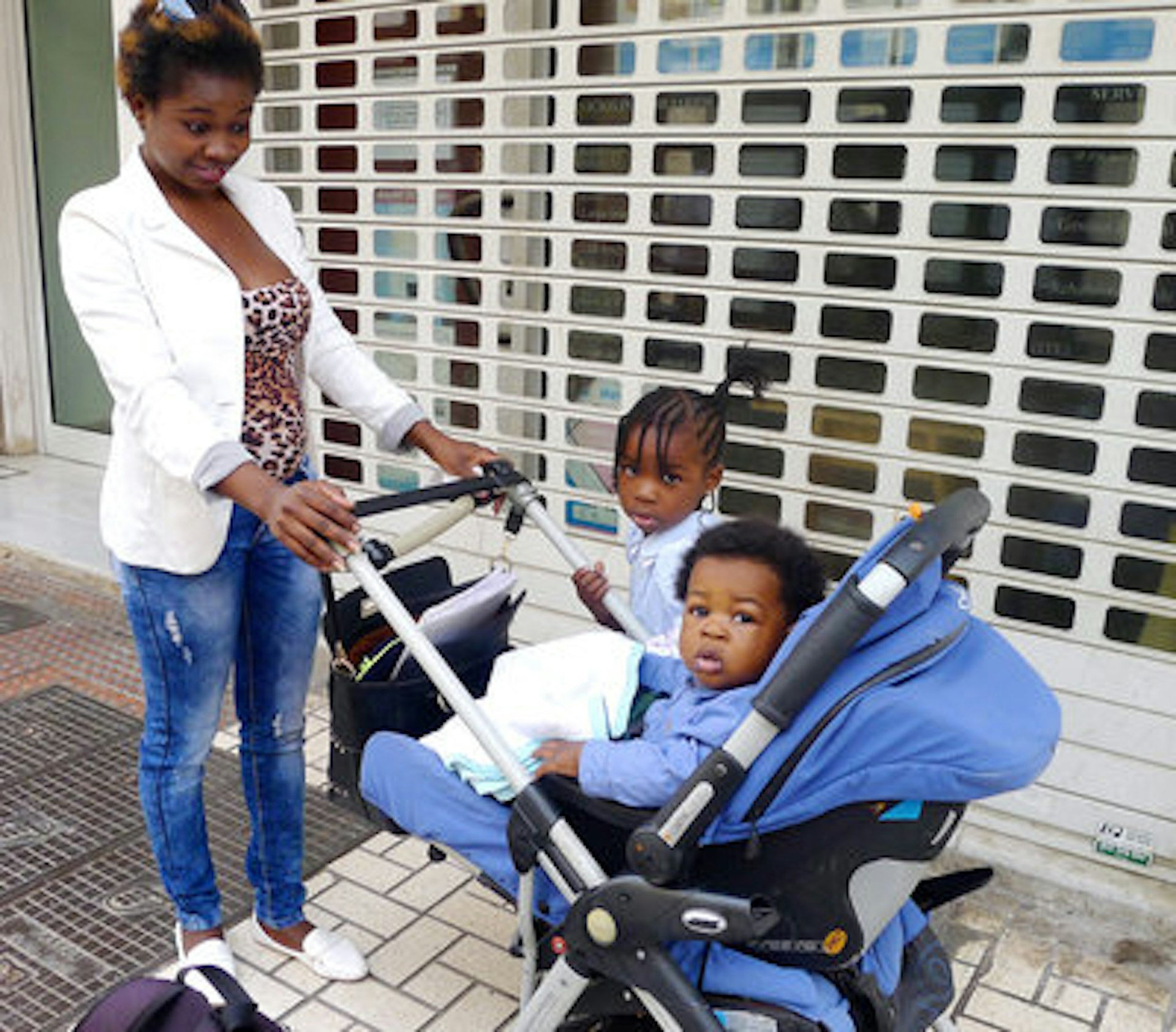
Tatiana Kanga, 25, takes her children Chantel, 3, and Antoni, 7 months, on a walk through the city of Malaga, in southern Spain. Lauren Frayer/NPR
Sans Papiers
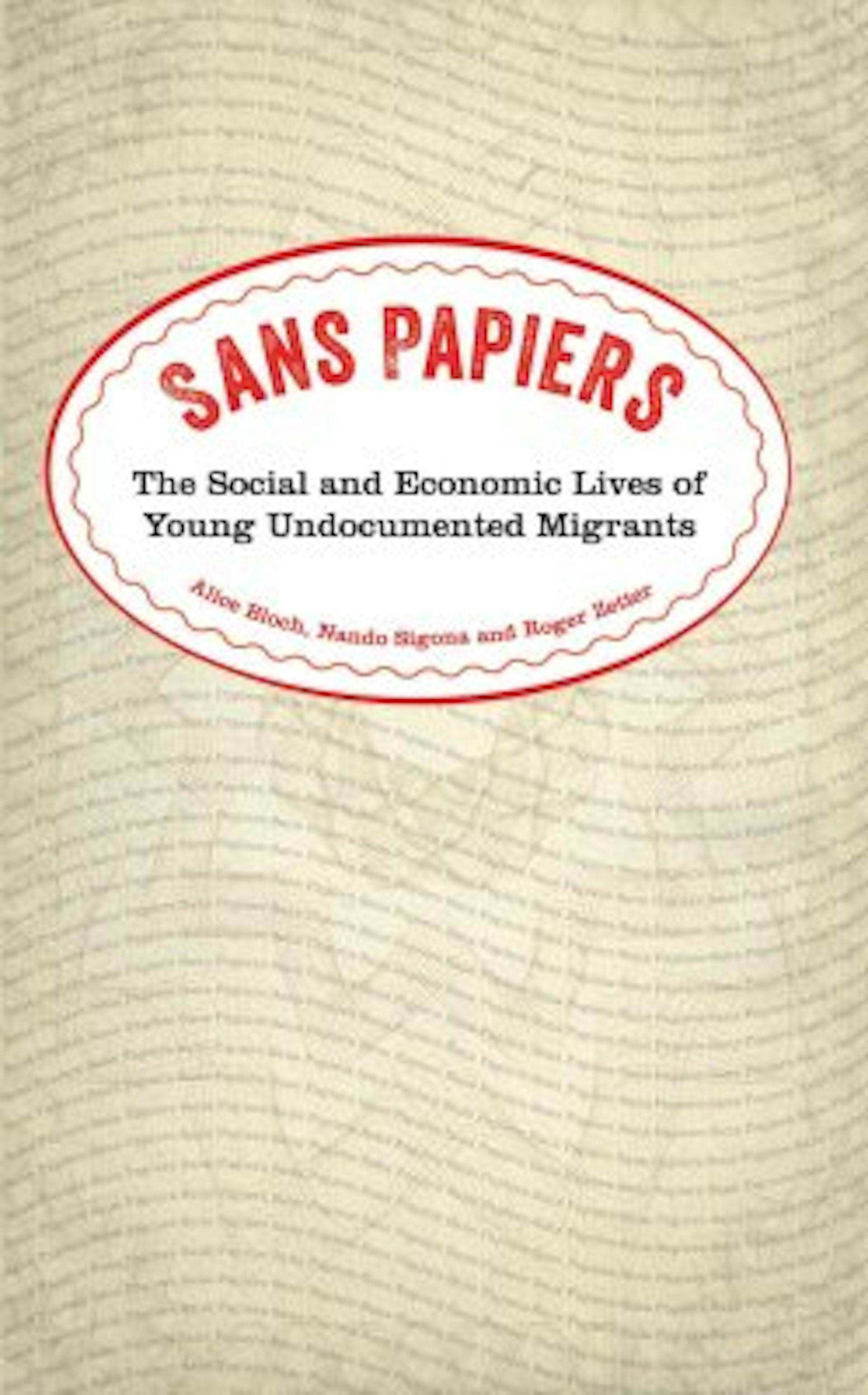
Learning By Ear
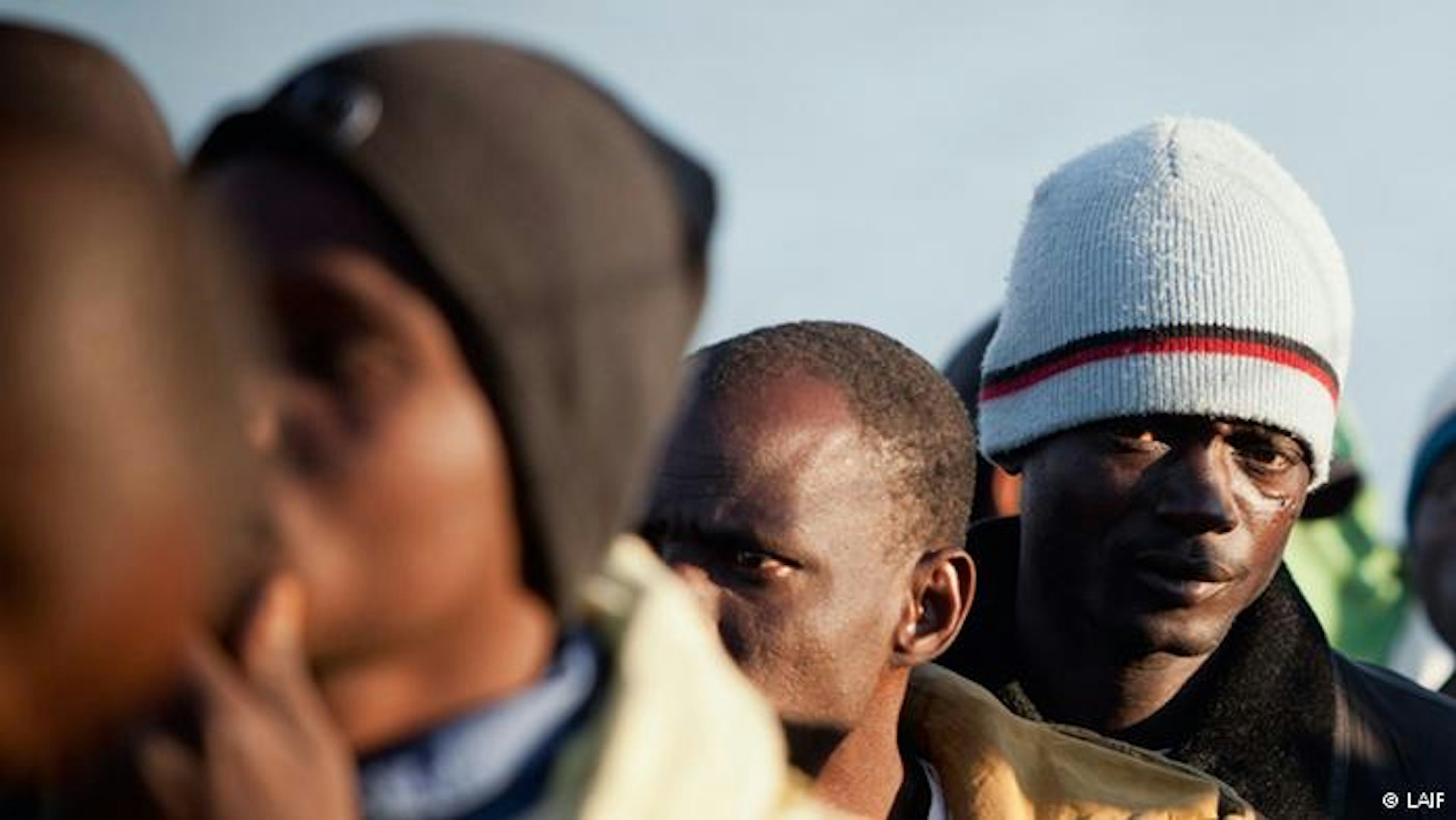
You can donate to the UN Refugee Agency to support their work with migrants here.
